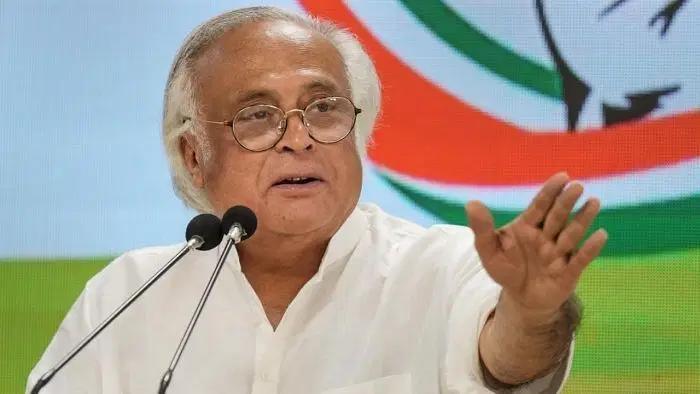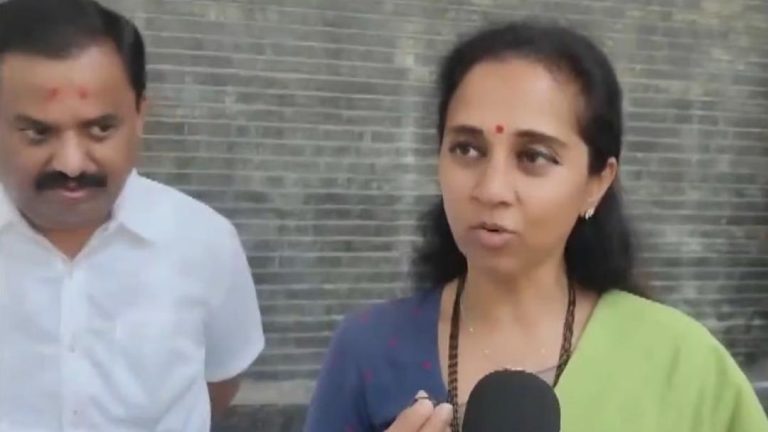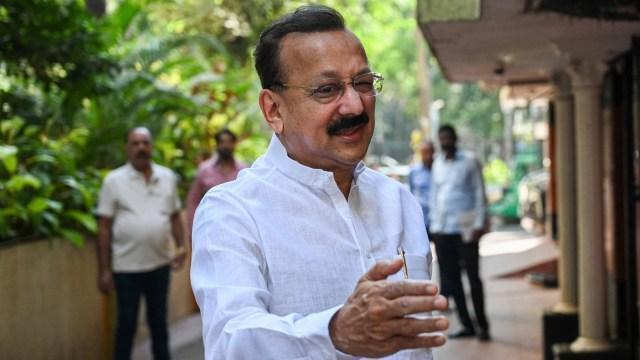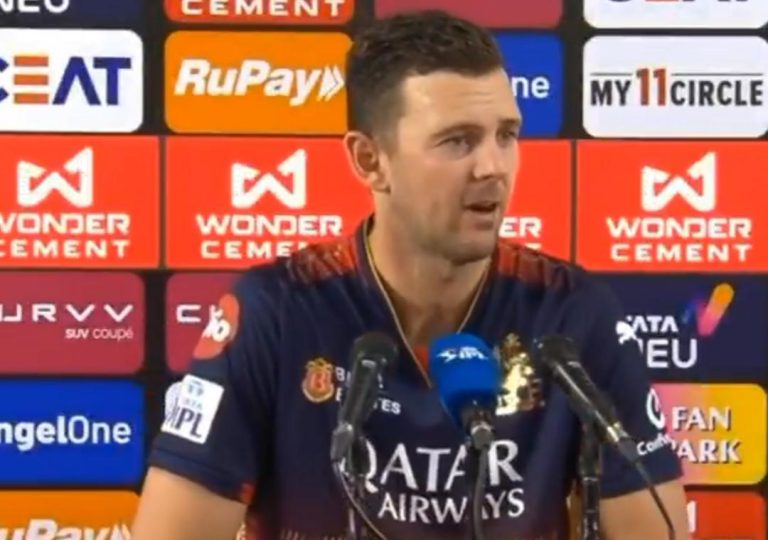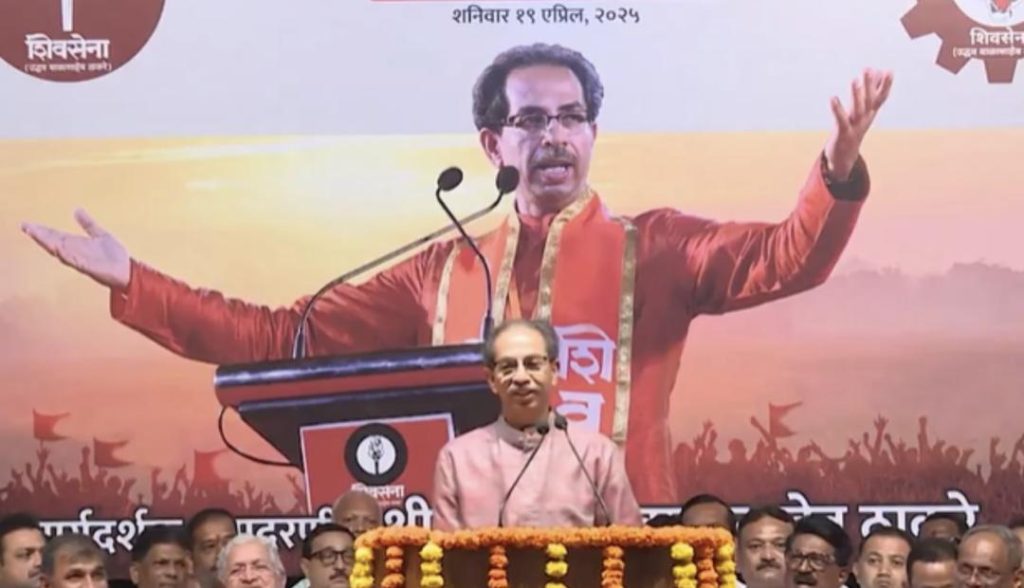
Will Not Allow Compulsion of Hindi in Maharashtra: Uddhav Thackeray
The recent decision of the Maharashtra government to make Hindi a mandatory third language for students of Classes 1 to 5 has sparked a heated debate in the state. While the government’s intention behind this move is to promote the language and make it more widely spoken, the Shiv Sena (UBT) chief Uddhav Thackeray has expressed strong reservations against the decision. In a recent statement, Thackeray made it clear that his party will not allow the compulsion of Hindi in Maharashtra.
The three-language policy of the state requires students to learn Marathi, English, and Hindi. However, Thackeray’s statement has raised concerns about the government’s intentions behind making Hindi a mandatory subject. While the government has claimed that this move is aimed at promoting the language and making it more accessible to students, Thackeray has questioned the need for compulsion.
“We will not allow the compulsion of Hindi in Maharashtra,” Thackeray said in a statement. “We don’t have any aversion to the Hindi language, but we believe that it should be taught as an optional subject, not as a mandatory one.”
Thackeray’s statement has sparked a debate about the role of Hindi in Maharashtra. While some argue that making Hindi a mandatory subject will help to promote the language and make it more widely spoken, others fear that it will lead to a loss of cultural identity and autonomy.
The decision to make Hindi a mandatory subject has been met with resistance from various sections of society, including students, teachers, and parents. Many have argued that the government’s decision is an attempt to impose a particular language on the people of Maharashtra, rather than allowing them to choose their own language of preference.
The Shiv Sena (UBT) has a long history of advocating for the rights of Marathi-speaking people in Maharashtra. The party has traditionally been opposed to the imposition of Hindi on the state and has fought for the preservation of the Marathi language and culture.
Thackeray’s statement is seen as a reflection of the party’s stance on the issue of Hindi in Maharashtra. While the party does not have any aversion to the Hindi language, it believes that it should be taught as an optional subject, rather than as a mandatory one.
The government’s decision to make Hindi a mandatory subject has also raised concerns about the impact it will have on the education system in the state. Many have argued that the decision will lead to a loss of focus on the core subjects of mathematics, science, and language, and that it will put additional pressure on students who may not be familiar with the language.
The Shiv Sena (UBT) has also raised concerns about the government’s decision to make Hindi a mandatory subject, citing the lack of infrastructure and resources to implement the decision effectively. The party believes that the government’s decision is an attempt to impose a particular language on the people of Maharashtra, rather than addressing the real issues facing the education system in the state.
In conclusion, the decision to make Hindi a mandatory subject in Maharashtra has sparked a heated debate in the state. While some argue that the decision will help to promote the language and make it more widely spoken, others fear that it will lead to a loss of cultural identity and autonomy. The Shiv Sena (UBT) has made it clear that it will not allow the compulsion of Hindi in Maharashtra, and the party’s stance on the issue is seen as a reflection of its commitment to the rights of Marathi-speaking people in the state.
